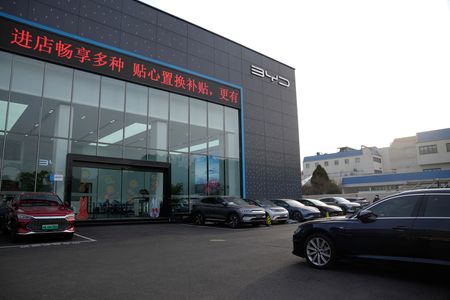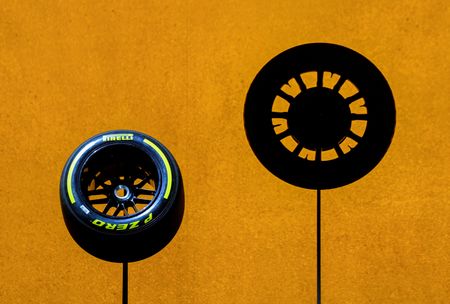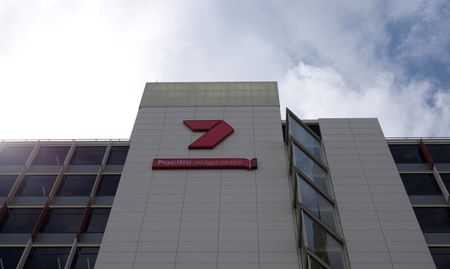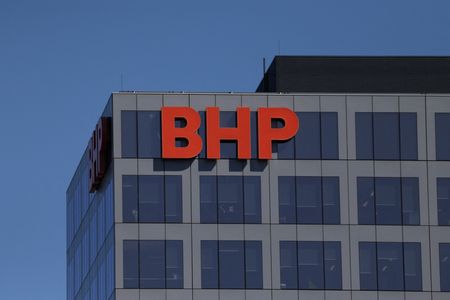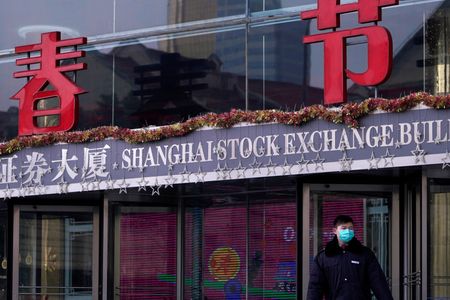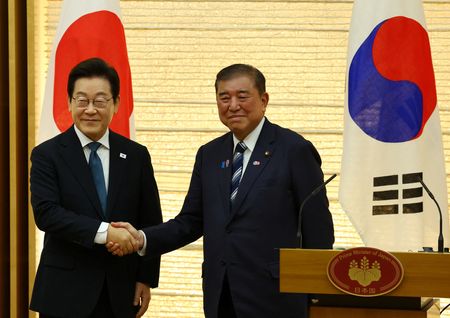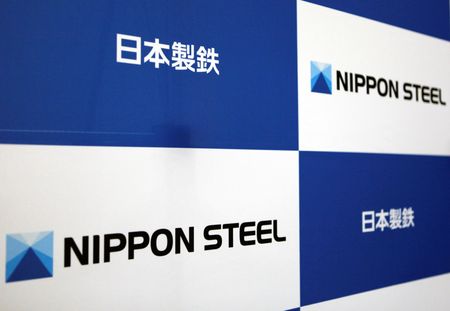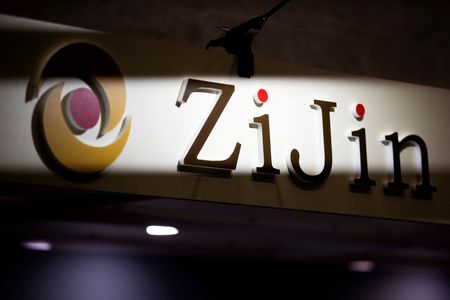By Joe Cash
BEIJING (Reuters) -Chinese electric car makers invested more abroad than at home for the first time in 2024, new data from Rhodium Group showed on Wednesday, as fierce domestic competition makes it almost impossible for manufacturers to turn a profit.
Automakers have benefited from years of subsidies and other government policies aimed at making China a global automotive power and the world’s leader in electric vehicles, but overcapacity and aggressive price cutting have sent the industry into a tailspin.
Automakers in the world’s No. 2 economy are locked in relentless price wars that are deepening deflationary pressures, while fears of a flood of cheap Chinese cars have sparked trade tensions with key partners — strain the export-driven economy can ill-afford amid U.S. President Donald Trump’s tariffs.
Chinese outbound foreign direct investment in the EV value chain soared to an annual average of $30.4 billion in 2022-2024 from $8.5 billion in 2018-2021, according to data compiled by Rhodium Group, a U.S. think tank.
Meanwhile, the value of Chinese domestic investment in the EV value chain plummeted from $94 billion in 2022 – a peak – to just $15 billion last year, the data showed.
“In 2024, EV investment by Chinese companies was greater overseas than domestically for the first time, a historic reorientation of capital as companies seek profitability outside of a domestic market facing ‘involution’,” the report said.
BYD is building an EV factory in southern Hungary that should start production by the end of 2025, as well as a separate facility in Turkey due to come online in 2026.
Geely has plans for a new plant in Vietnam, and Chery and Great Wall Motors are expanding in Russia and across Latin America, with other makers also looking to invest in Southeast Asia and India.
According to data from LSEG covering 33 listed automakers headquartered in China, the sector’s median net profit margin fell to just 0.83% in 2024 from 2.7% in 2019.
Facing EV tariffs from the European Union, the U.S. and Canada, Turkey, Brazil and other economies, Chinese automakers are focusing investments on Asia, and the Middle East and Africa, the report said, which attracted 33% and 25% of new investment, respectively.
But amid reports that a China-Gulf free trade deal has stalled over concerns in Saudi Arabia that cheap Chinese imports could derail the kingdom’s push to become an industrial powerhouse, those investment avenues may soon be squeezed, too.
Chinese leaders have promised to end aggressive price cuts by firms across multiple industries, also including solar panels, lithium batteries, steel, cement and food delivery.
But policymakers have yet to announce a clear-cut plan.
Officials appear to be quietly supporting a solar industry plan to form a polysilicon cartel, buying out and shutting down the least efficient producers of the key solar cell ingredient, while other sectors seem to have resorted to giving their staff a stern lecture on the importance of profitability.
(Reporting by Joe Cash; Editing by Kate Mayberry)

